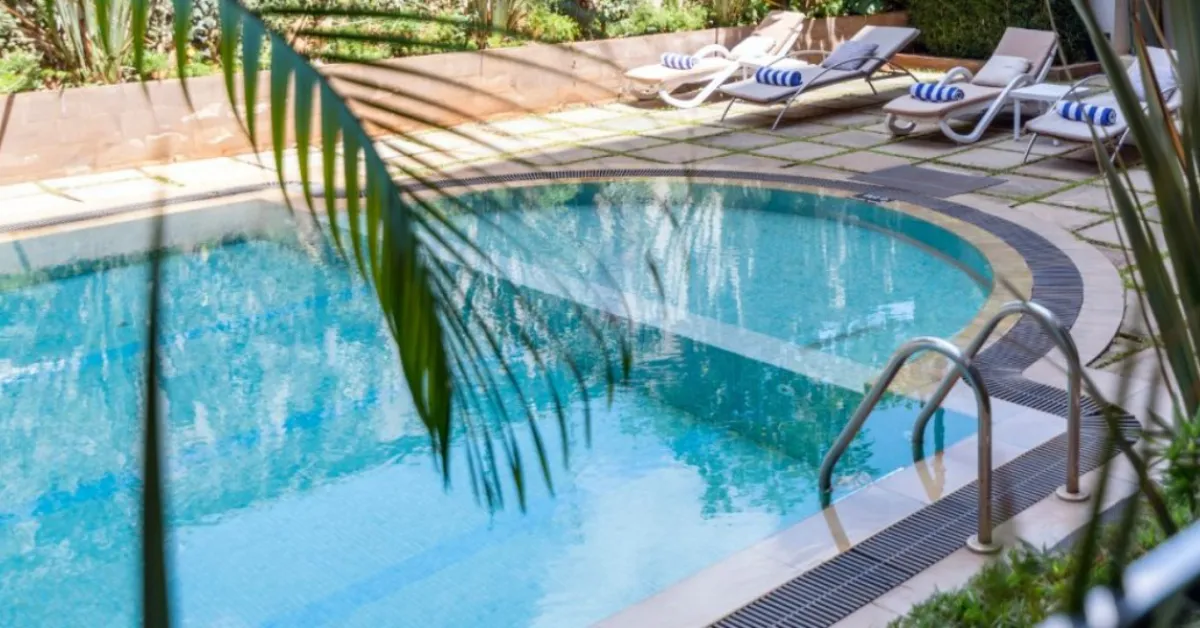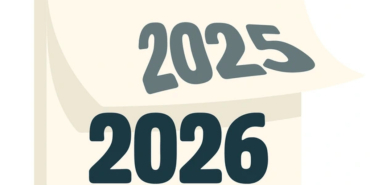Why More Kenyan Adults Are Learning to Swim

A growing number of adults in Kenya are learning to swim for the first time, driven by personal goals, safety concerns, and a renewed focus on health and lifelong learning.
Marilyn Wanza, a seafood entrepreneur and mother of two, began swimming at the age of 40 after a comment from her four-year-old daughter prompted her to reflect on her own lack of experience in the water. Swimming had not been part of her upbringing, but the desire to connect with her children during holidays motivated her to enrol with Swim Africa, which manages the pool at her children’s school.
Wanza started with structured group lessons supported by personalised coaching. Despite initial hesitation, she steadily advanced from basic floating techniques to swimming full laps.
“You just start moving,” she says, recalling the moment she completed her first length of the pool.
For her, this marked a shift from uncertainty to confidence in the water.
Beyond improving her swimming ability, Wanza reported notable health benefits, including increased lung capacity, better sleep, and stronger muscles. She also describes swimming as a form of self-care and a way to better understand her children’s learning experiences.
“It’s never too late to learn,” she says, highlighting swimming as both a life-saving and life-enhancing skill.
Brenda Alung’at, 37, also took up swimming as an adult, having listed it for years as an unfulfilled personal goal. In early 2025, a friend encouraged her to visit a local swimming academy, prompting her to begin lessons. Like Wanza, she faced initial fears, particularly of deep water, but gradually built confidence. Each new skill, from mastering the backstroke to swimming independently during holidays, reinforced her sense of progress.
Alung’at also notes the mental benefits of learning to swim, pointing to the way new skills can stimulate brain activity. Her swimming journey has contributed to an eight-kilogram weight loss and a renewed sense of control over her health and lifestyle.
According to Roseline Maina, CEO of You-Swim and a certified swimming coach, the rise in adult learners is largely driven by safety concerns among parents. With swimming now included in Kenya’s Competency-Based Curriculum (CBC), more parents feel the need to learn the skill themselves in case of emergencies involving their children.
Adults over 40 also commonly pursue swimming to improve fitness or return to an activity they have not done in decades. Roseline explains that teaching adults requires a different approach than teaching children. Adults often bring deep-seated fears and self-doubt, so instructors must focus as much on emotional readiness as on physical technique.
While older learners are often motivated by family and fitness, younger adults typically pursue swimming for travel or personal enjoyment.














Add new comment